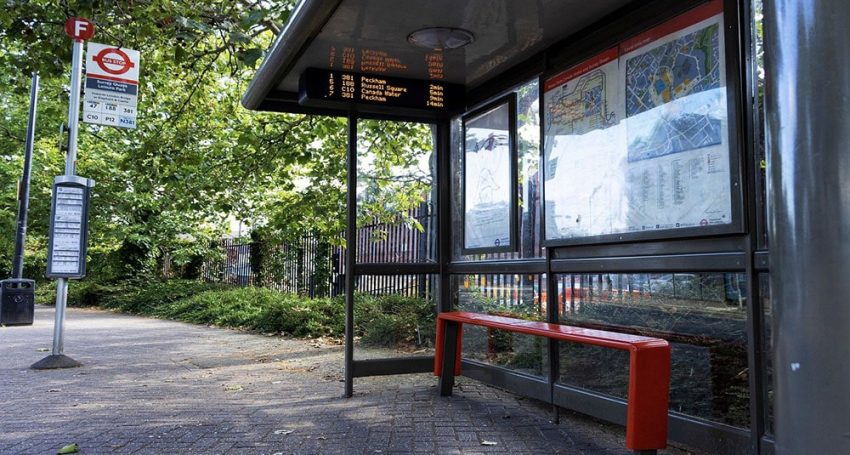The recent conflict between authorities and bus companies has once again proved the uselessness of courts in conflict resolution.
Not too long ago, the MLKO consortium won the contract. It was a public tender for long-distance passenger transportation between Nicosia, Larnaca and Famagusta. The price it offered was the lowest.
But the losing party filed a lawsuit for wrongfulness of decision. And in the beginning, the courts were lost, but after a while they were successful and won.
It is hard to understand how one judge can declare a procedure valid, and another – the same procedure invalid.
Why do almost all public tenders end in court proceedings? Why is it impossible to draw up technical specifications so that the final decisions cannot be argued? Perhaps there are certain reasons for that.
Even more curious the situation in Paphos and Limassol. The Ministry of Transport has decided to abandon the tenders that have already been held for Nicosia and Larnaca, and has introduced a new procedure for these cities.
According to it, the contract (10-year, which ends on July 4) will be automatically extended for another year for existing companies.
On Friday, representatives of bus companies from different cities in Cyprus gathered in Nicosia to protest.
For example, the Famagusta bus drivers demanded the authorities to sign a new 10-year contract with their employer, while others threatened the government that they would not give their votes in the elections.
Of course, one can understand these sentiments. But a tender has already been officially held and the company that offered the lowest rate for its services has won. This is very important for the taxpayers on the island, as the burden falls on their shoulders. The rates on the expiring 10-year contracts with the carriers were very high.
We’ll keep an eye on developments. And we will see what the situation may threaten in the future for all passengers on public transport in Cyprus.
Source: NewsinCyprus


